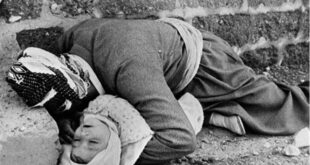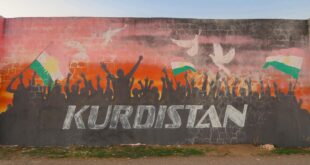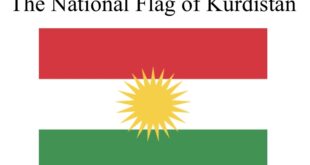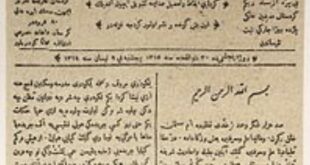I’d still vote to go to war in Iraq
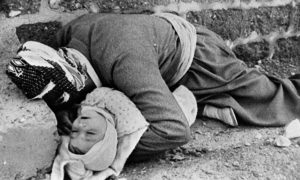
Ifirst became aware of human rights atrocities in Iraq in the 70s, before I became a politician. I met Iraqi students in Cardiff, some of whom had been imprisoned in Basra, and what they told me was so terrible I could hardly believe them. I came to learn, however, that it was only the tip of the iceberg.
In 1991 I stood up in parliament and described what I had seen on the mountains of Iran and Iraq, when the Kurds fled from Saddam’s helicopter gunships. The scenes were appalling and typical of the attacks made by the Iraqi regime on Iraqis.
Saddam killed hundreds of thousands of his own people. He was “the biggest weapon of mass destruction”, an Iraqi man once told me. “Why did it take so long for him to be removed?”
Many Kurds were killed during the genocidal Anfal campaign, including as a result of the barbarous use of chemical weapons in Halabja. I met a number of the horribly burnt victims in a London hospital afterwards. Many, many others were killed brutally in cold blood in a maze of prisons and torture chambers all over the country. Repression, abuse, ethnic cleansing and extrajudicial killings continued right up to 2003.
Saddam was without doubt a serious threat to domestic, regional and global stability. I had hoped the international community could remove or neutralise him without war. But sanctions, international indictments, UN security council resolutions: all had been tried; all had failed.
From 1997 to 2003 I worked to get Saddam and the leading members of his regime prosecuted under international law for war crimes, crimes against humanity and genocide – on the basis of rock-solid witness testimony – but no country was willing to do it. The evidence was finally used in the trials of Saddam,Tariq Aziz and others when eventually they stood trial in Baghdad – after the intervention.
In February 2003 the Kurds were terrified that chemical weapons would be used against them again. I saw the rockets in mountains on the Iraqi-Kurdish border.
Since 2003 more secrets of this evil and despotic regime have been revealed – I have stood on a huge mound in Hilla, near Babylon, where about 10,000 bodies in a mass grave were being disinterred, mostly Shia Muslims. On one of my more than 20 visits to Iraq as special envoy on human rights, I opened in Kurdistan the first genocide museum in Iraq. It was snowing, the sky was black, and people crammed into the building. Their relatives had been tortured – many to death – there. There were photos of skulls and shreds of clothing. Former detainees had written messages on the cell walls. Sometimes the writing was in blood and sometimes it was just marks to cross off the days of the week. One very old woman came up to me with a piece of plastic in her hand. I unwrapped it and saw three photos. They were of her husband and two sons who had been killed in that place.
Parliament voted for military intervention to do the right thing – by Iraq, the region and the wider international community. That does not mean there are easy answers to the threats posed by crazed bloodthirsty dictatorial regimes. The aftermath of the Iraq intervention is held up by some as a case in point.
I am very sad about the lives lost since the intervention – whether they be British, American or Iraqi. It should be remembered, however, that other courses of action have not proved straightforward either – just look at Libya and Syria. Military intervention undoubtedly has considerable costs – but so too does nonintervention.
So would I have still voted in Parliament in 2003 to support military action in Iraq – with the benefit of hindsight and in light of the Chilcot report? Yes. No one will ever be able to convince me that the world is not better off without Saddam Hussein and his Baathist regime in power.
 History of Kurdistan
History of Kurdistan
